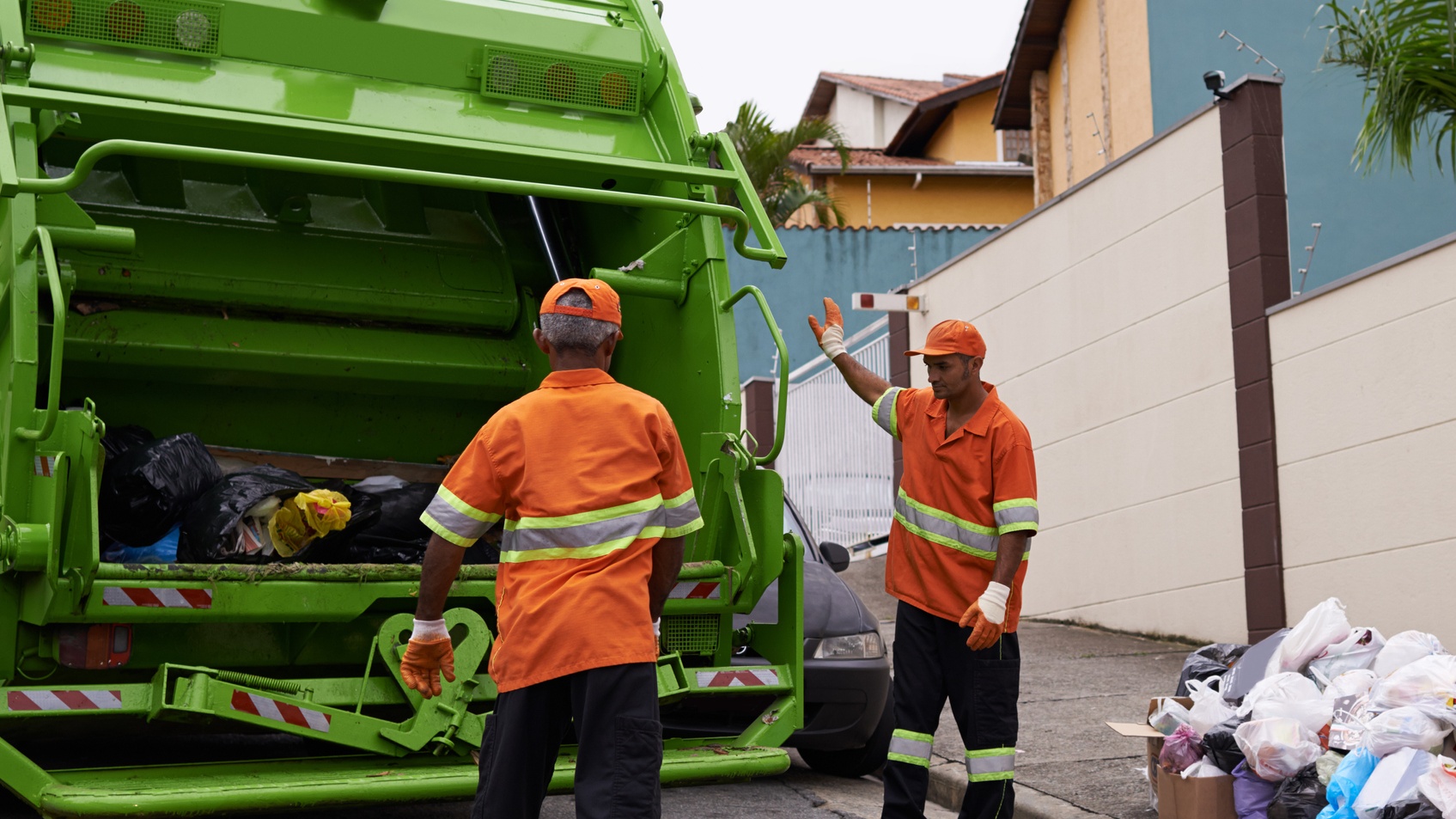Sanitation workers for the city of Pittsburgh protested on Wednesday after not receiving protective gear amid the coronavirus outbreak, CBS reported.
For about 90 minutes, the workers blocked the entrances to and protested in the parking lot of the city’s Bureau of Environmental Services, demanding the city provide them hazard pay and improved protective equipment such as face masks, The Hill reported.
The protest was livestreamed by a Black sanitation worker named Fitzroy Moss on his Facebook page, receiving about 15,000 views in three hours.
“I say if we don’t pick up your rubbish, what’re you going to do with it?” Pittsburgh Environmental Services employee Tom Foley said.
“We are risking our lives, we could be contaminated as well,” sanitation worker Sheldon White said.“We want better equipment, better protective gear, we have no masks. We want hazard pay.”
Moss said on his livestream that it's not his job to reduce his risk of getting the infectious disease, stating that two workers already tested positive for the coronavirus.
A worker's wife also tested positive on Tuesday, Patch reported.
“The rubbish is sitting there. That’s all they care about is picking up the garbage. They don’t even care about our health,” Moss said.
Protesters urged the government to give them more boots and better quality gloves.
According to The Hill, workers are only given two pairs of boots per year and gloves that don't provide protection from liquids, leading some workers to buy their own protective gear.
The workers are also requesting a meeting with Democratic Mayor Bill Peduto who promised last week that trash would be picked up regularly. His promise upset many of the workers who thought the mayor should've consulted with them first, The Hill reported.
Employees were back at work Thursday morning, however, it's unclear if they received any of the requested protective gear or pay, according to the Pittsburgh Post-Gazette.
As of now, at least one of the workers who tested positive for the coronavirus has been placed in self-quarantine with pay, but most of the workers are left feeling vulnerable to the outbreak.
City officials were told by the CDC that trucks have to be cleaned regularly and employees should receive protective glasses and gloves in addition to daily health screenings.

